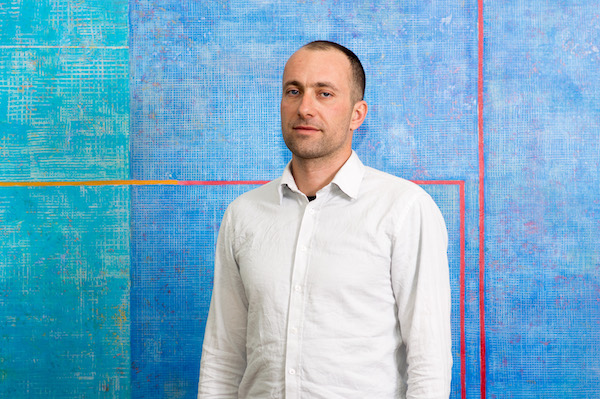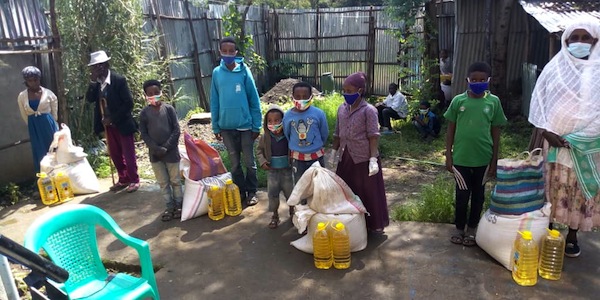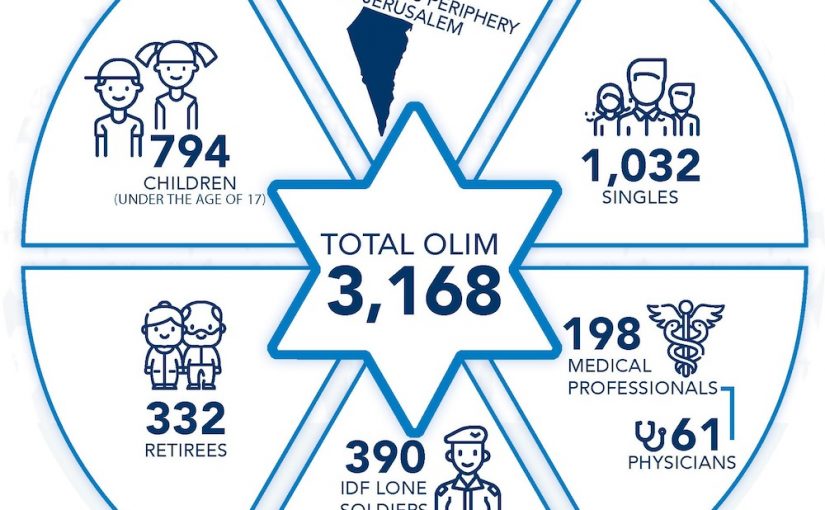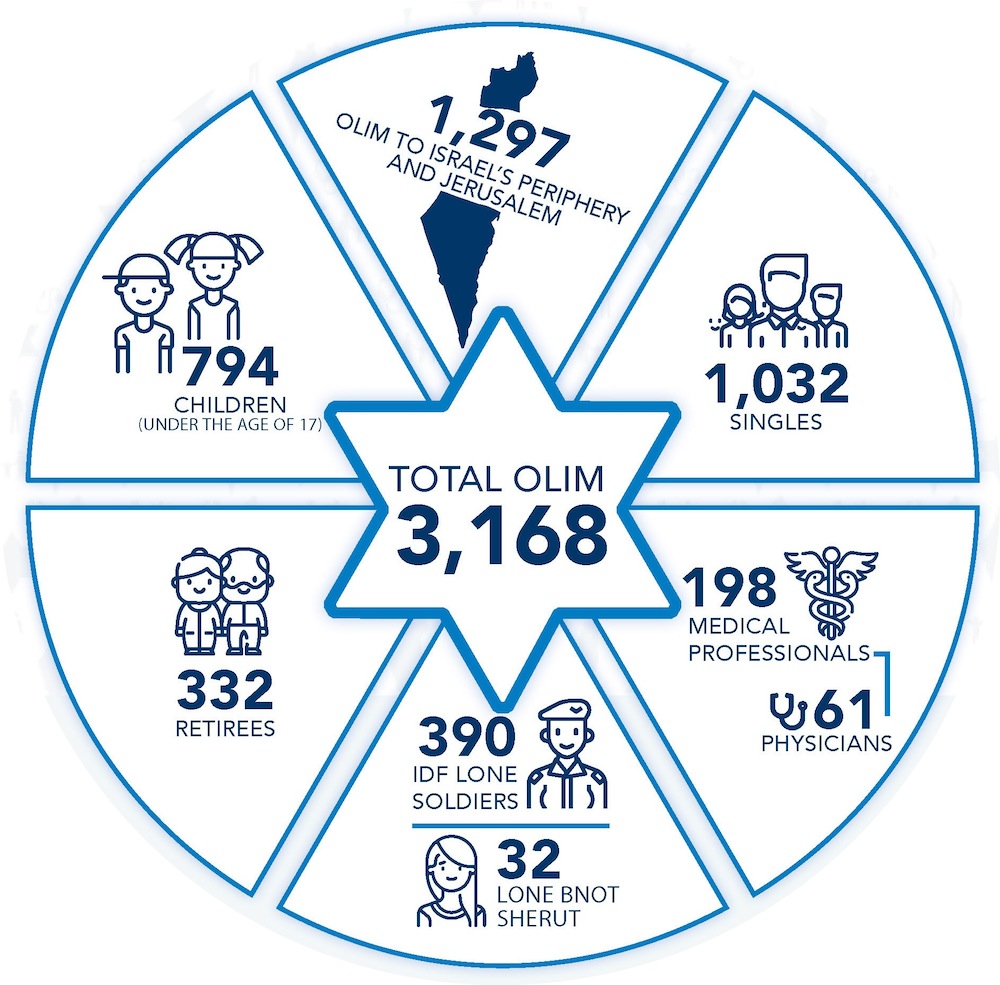Israelis might be among the world’s most resilient people. Across 75 years of constant war or threats of war, terrorism, geopolitical isolation and global political assault, the Israeli people have built one of the world’s strongest democracies and most powerful economies.
Faced with an endless succession of external existential threats, not to mention internal divisions, Israelis have fought hard to survive and build the sort of state that accommodates, however imperfectly, the diversity of Jewish (and non-Jewish) identities encompassed by the population.
This is now under threat. The current government’s efforts to chip away at democratic structures is a grievous concern. And the political disruption is having demonstrative economic impacts as well. The “startup nation” has seen investment nosedive this year. In the first half of 2023, private financing fell 29% from the previous six-month period and 67% from the same period a year earlier.
While the economic numbers are the most tangible measure of the dangers of political instability and skirmishes, an opinion poll number stands out as at least as grave. A survey last month indicated that 28% of Israelis are considering leaving the country.
A recent feature story about a colony of expat Israelis who have made Hebrew a common sound on the streets of Thailand cited affordability and a laid-back lifestyle as among the draws that have brought more than 100 families to the town of Ko Pha Ngan in the last year alone. These families joined hundreds of Israelis who had already set up homes there. The Times of Israel reports most migrants cite Israel’s “pressure cooker” atmosphere as a leading reason for their move. We get that. People deserve to live the lives they want.
What is more challenging to understand is Israelis who are motivated to quit the country because they don’t like its political direction. The same opinion poll that said more than a quarter of Israelis are considering emigration showed that the current government would be headed for (by Israeli standards) a decisive defeat if an election were held now. Shouldn’t that count for something?
A plurality of Israelis seems poised to oust the government (if given the chance) and yet, rather than seeing this poll as a harbinger of hope, the children and grandchildren of those who persevered against enormous and impossible odds to rebuild the Jewish homeland are ready to give up the fight. (And, of course, we mean “fight” figuratively. Despite the fact that 56% of Israelis worry about civil war, the institutions the current government is attacking, though battered, are still strong and should not yet be dismissed as ineffectual.) If 28% of Israelis left, you can bet that the government that most of them oppose and which led them to abandon their homeland would be reelected in a landslide and be given a free hand to remake the country in the image they want.
We are worried by the apparent depth and breadth of the hopelessness. But hundreds of thousands of Israelis not only wish to change the government, they are taking to the streets every single week for many months to register their disapproval. Many of these are people who have never before engaged in politics. If the current government is traveling down untrodden paths of autocracy and iniquity, it is not meaningless that an enormous movement is amassing in response, potentially laying the foundation for a future sea change.
A lesson from close to home might be instructive. In the 1980s, British Columbia’s Social Credit government instituted a “restraint program” inspired by Reaganomics and Thatcherism that led to mass marches in the streets. Hopelessness gave way to one of the biggest mass mobilizations in the province’s history, in the form of Operation Solidarity. Long story short, that opposition movement, in a sense, emerged into the movement that is now dominant and that has transformed the province, the New Democratic Party having won one of the biggest majority governments in history, in 2020. John Horgan, the former premier who led the New Democrats to that huge victory, was inspired to get involved in politics during that tumultuous earlier time.
Presumably, an entire new generation of Israeli leaders are likewise being forged in reaction to the current developments. Whether they have the impact that British Columbia’s opposition movement-cum-government has had depends on whether they turn this moment into a lasting movement.
If we can point to any reason to lose hope, it is less the direction of the current government than, on the other side, the loss of hope and determination itself. If the policies of the current government seem un-Israeli to many of us, it seems no less un-Israeli to look at an existential challenge and give up.








